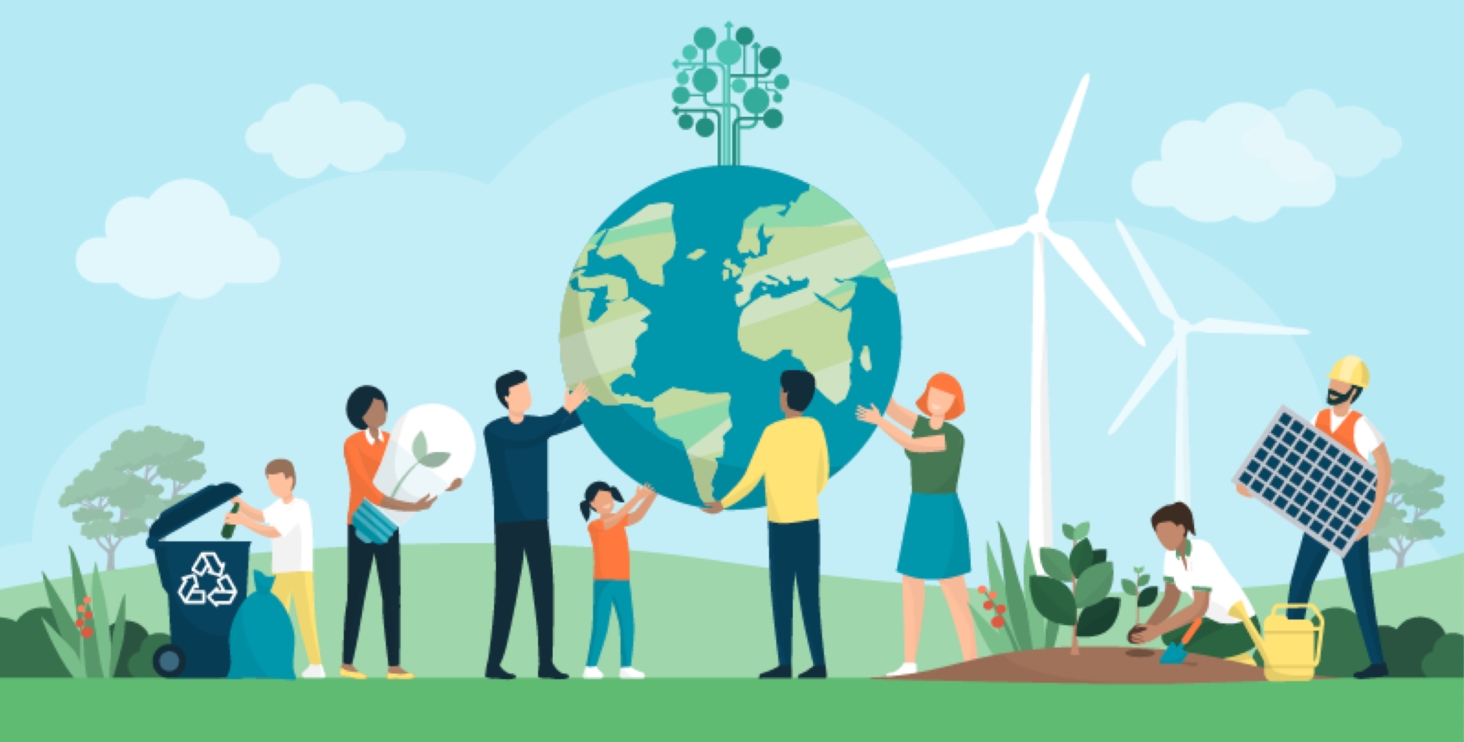

 会员登录
会员登录

- Home
- About us
- Corporate News
- China Policy
- China Compliance
- BESTAO Library
- Events
- Our Services
On May 29, 2024, the State Council published the Working Plan for Energy Conservation and Carbon Reduction for 2024-2025 (hereinafter referred to as “the Work Plan 2024-2025”). This 4-chapter Working Plan is a further supportive document for the last two years in the 14th five-year plan period to the Working Plan for Energy Conservation and Carbon Reduction during the 14th Five-Year Plan Period (issued on December 28, 2021 by the State Council). The main purpose is to intensify efforts to promote energy conservation and carbon reduction, to take practical and effective measures, and to make all efforts possible to complete the binding targets for energy conservation and carbon reduction during the period.

The main contents of the Working Plan 2024-2025 include general goals, 27 key tasks categorized in 10 perspectives, measures for managing systems and supportive actions etc.
Besides the consistent overall objectives listed in both Working Plans, the Working Plan 2024-2025 elaborates more specific goals:
General goals:
- By 2024, energy consumption and carbon dioxide emissions per unit of GDP should be decrease by about 2.5% and 3.9% respectively. Energy consumption per unit of added value of industries above designated size should be cut by about 3.5%, with non-fossil energy consumption accounting for about 18.9%. Energy conservation and carbon reduction in key areas and industries will save about 50 million tons of standard coal and reduce about 130 million tons of carbon dioxide.
- By 2025, non-fossil energy consumption will account for about 20%, and energy conservation and carbon reduction in key areas and industries will save about 50 million tons of standard coal and 130 million tons of carbon dioxide
Quantitative tasks for some key sectors or fields include:
- Construction: from 2024 to 2025, the energy conservation and carbon reduction transformation of the sector of construction materials will save about 10 million tons of standard coal and reduce about 26 million tons of carbon dioxide.
- Transportation: by the end of 2025, the CO2 emission intensity of the transportation sector will be reduced by 5% compared with that in 2020.
- Industrial and consumer products: comparing with the level in 2021, the average operating thermal efficiency of industrial boilers and power station boilers in 2025 will be increased by more than 5 percentage points and more than 0.5 percentage points respectively. The proportion of high-efficiency energy-saving motors and high-efficiency energy-saving transformers in operation will be increased by more than 5 percentage points and more than 10 percentage points respectively. The proportion of energy-saving products in industrial and commercial refrigeration equipment, household refrigeration equipment and general lighting equipment reached 40%, 60% and 50% respectively.
- Non-fossil energy: by the end of 2025, the country's non-fossil energy generation will account for about 39%.
- New energy: while ensuring economic development, the utilization rate of new energy in areas with good resource conditions can be reduced to 90%.
For foreign stakeholders, it is advised to notice that following measures will take place in corresponding managing and regulatory systems:
- Intensify existing managing system on energy conservation and carbon reduction, including but not limited to performance assessment, review and approval on environmental assessment for projects, the carbon reduction management for enterprises in key sectors, energy conservation monitor and the system for energy consumption and carbon emission calculation.
- Improve systems for examining energy conservation in fixed asset investment projects; administer energy conservation in key energy-using units, and supervise energy conservation
- Improve the national carbon market regulation system.
- Benchmark domestic and international advanced standards, accelerate the formulation and revision of mandatory energy conservation standards, and expand the coverage scope of standards.
- Set different energy-saving targets for enterprises with differed energy conversation levels. Enterprise with energy conservation level in the top 5% of the sector should reach grade 1 energy efficiency stipulated in the corresponding national standard(s), and that in the top 20% and top 80% should respectively be grade 2 and grade 3 (or 5).
If you need more information or have any question on the topic, please contact us at: contact@bestao-consulting.com.